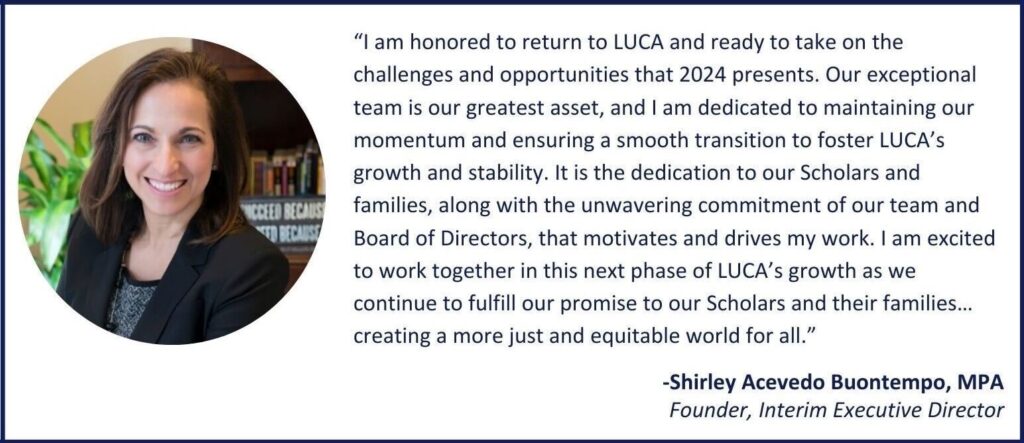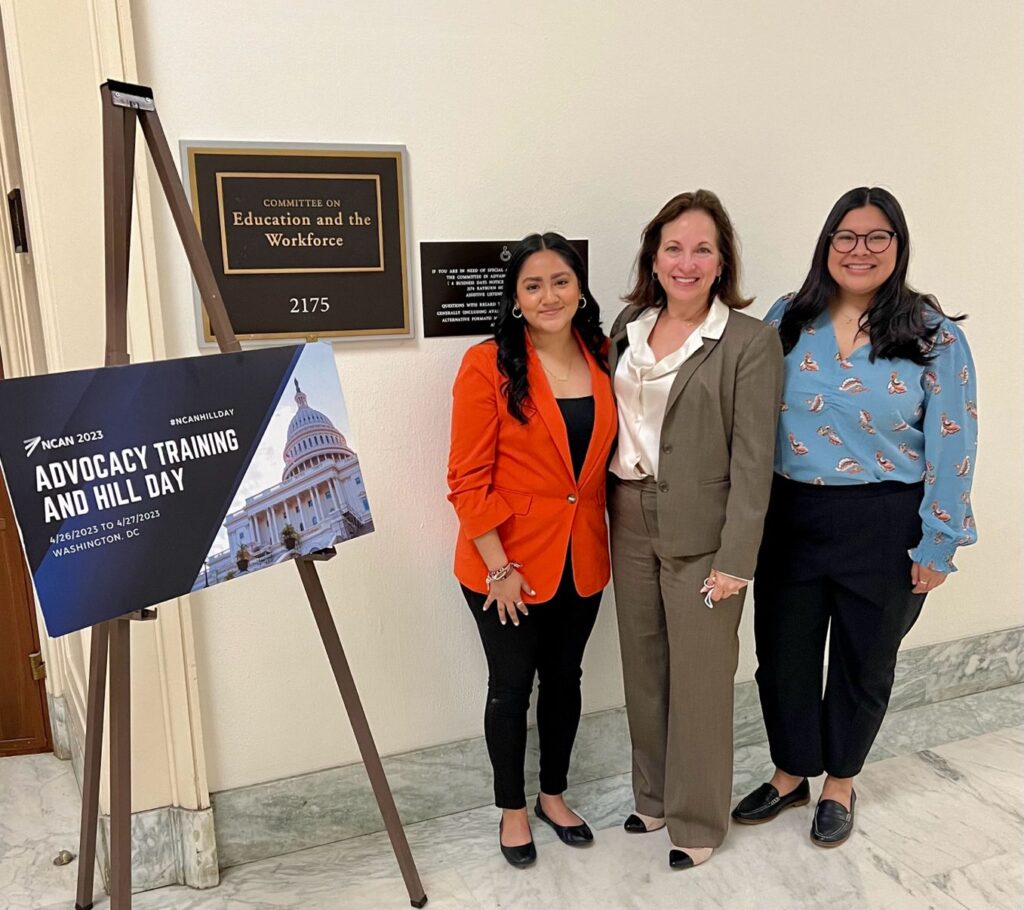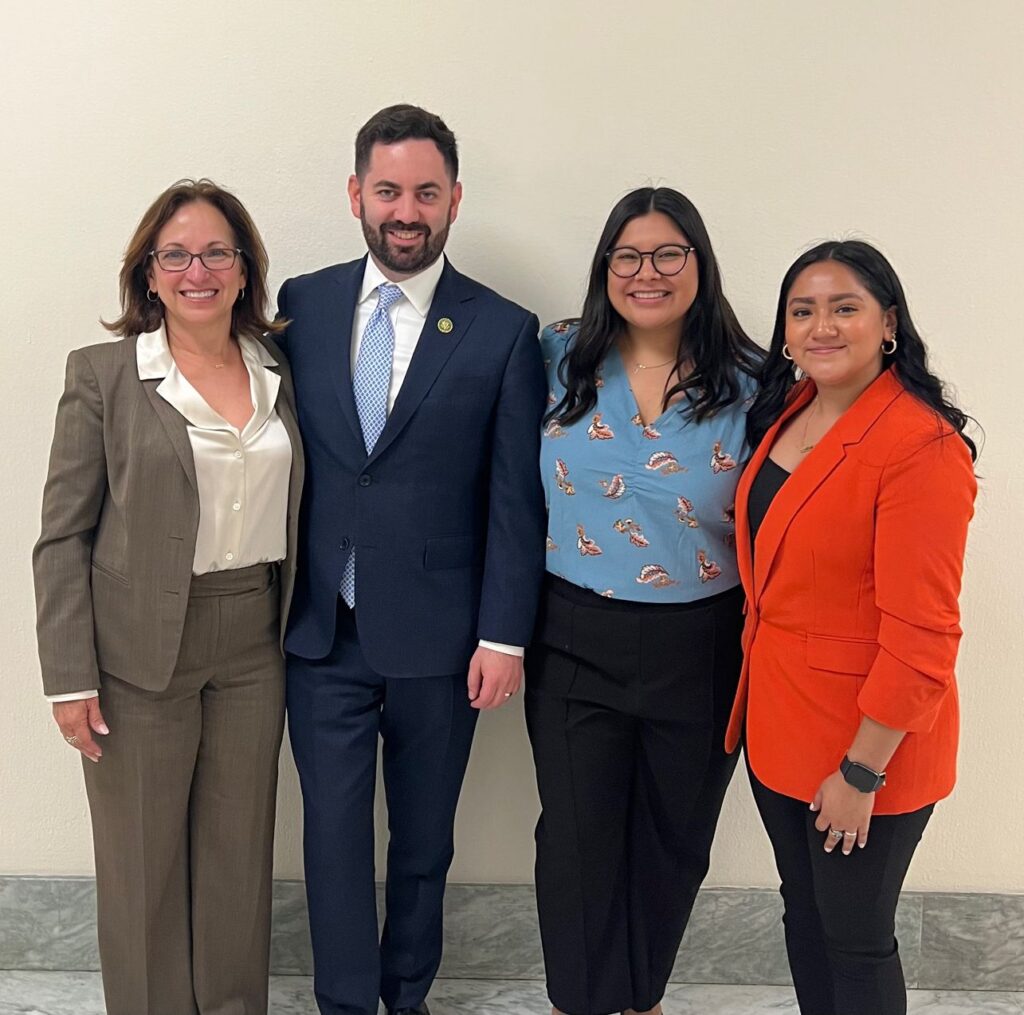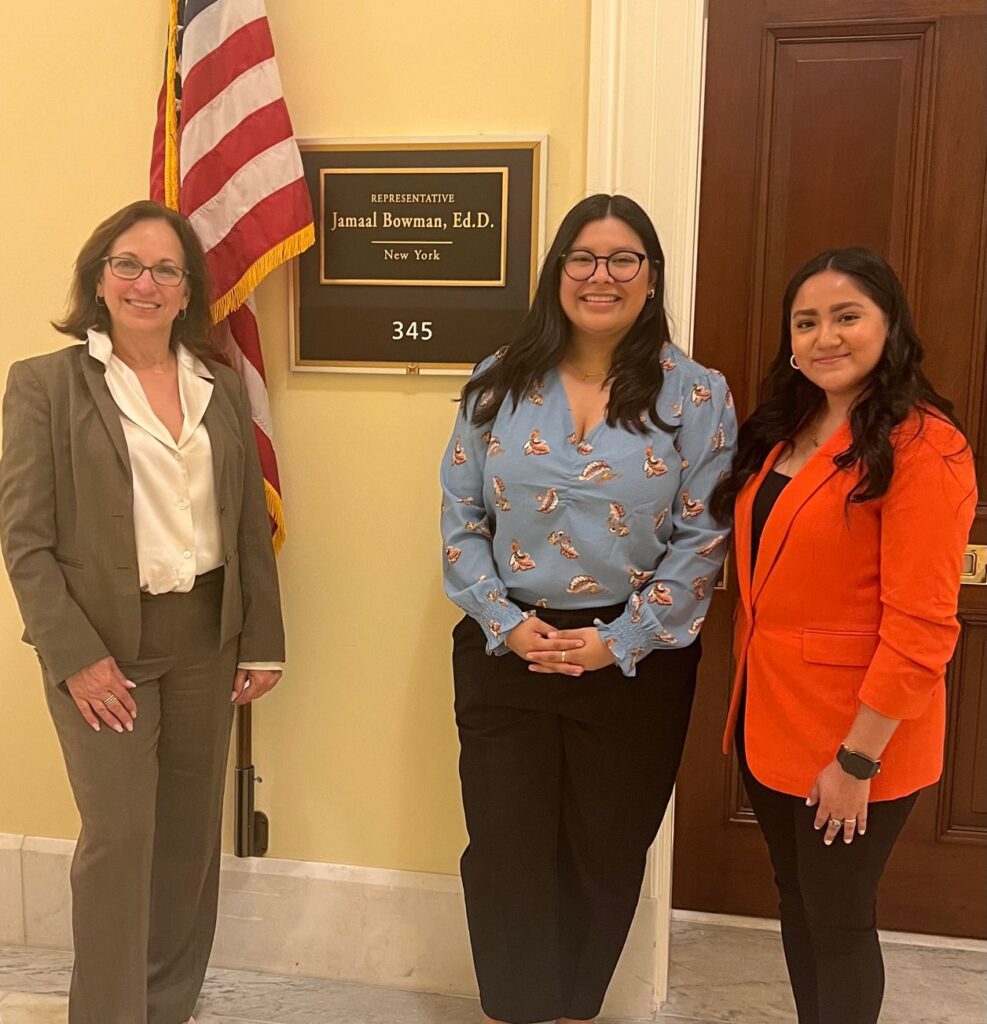Latino U College Access Strives to Help (2/3/2024)
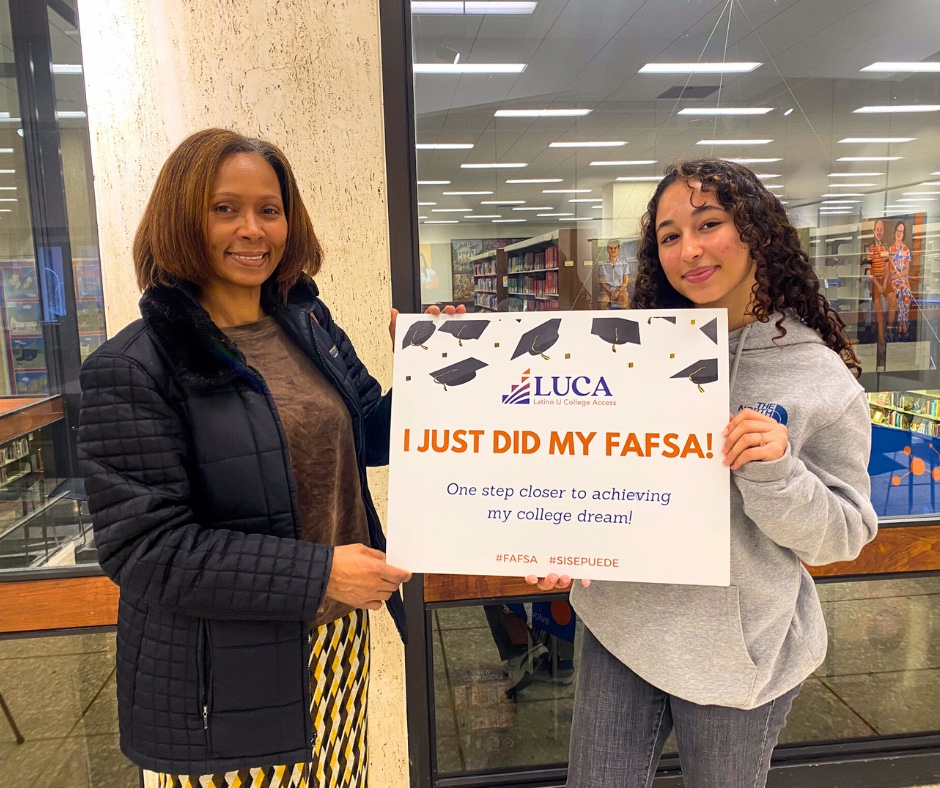
Dear LUCA Familia and Friends:
Overwhelmed. Bewildered. Worried. This is what our students, families and colleagues are feeling this week.
After a lengthy wait for a delayed rollout of the 2024-2025 Free Application for Federal Student Aid (FAFSA), the U.S. Department of Education announced this week that the soonest it would begin to transmit student information to colleges and universities is March. This news, combined with the problems experienced by students and families in trying to access and complete the online form, are disheartening. It also means that colleges’ financial aid offers will most likely not be received until at least mid-April. We are alarmed by a process that will effectively shorten the critical time needed for low-income students to adequately assess their college acceptance offers alongside the essential need for financial aid opportunities.
The challenges presented by the new “simpler” FAFSA, marked by glitches in the platform, and now the delay in getting award letters out will create new barriers for the students and families that need financial aid the most. Our greatest concern is that these barriers will hurt the students whom we at Latino U College Access are dedicated to serving – low-income, first-generation students for whom an accurate financial aid package is critically important when making a college decision.
At Latino U College Access we are privileged to support determined and talented first-gen college students and their families as they pursue their college dreams. Our programs include the delivery of FAFSA Bootcamps in our partner high schools where we help students and parents complete the FAFSA application, guiding and answering any questions they may have.
We commit to continuing to help students and families navigate the hurdles presented by the 2024-25 FAFSA rollout. By hosting FAFSA boot camps, one on one meetings, and a financial aid award review day, we will support them through every step of the process. We will continue to assist students, families and school partners to ensure that they have all that they need to make higher education possible and affordable.
¡Siempre Adelante! Always Forward!
Shirley
Shirley Acevedo Buontempo, MPA
Founder, Interim Executive Director


